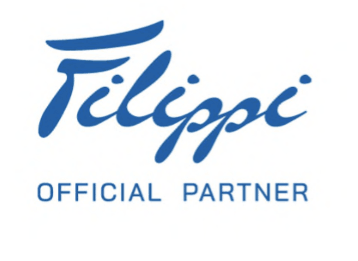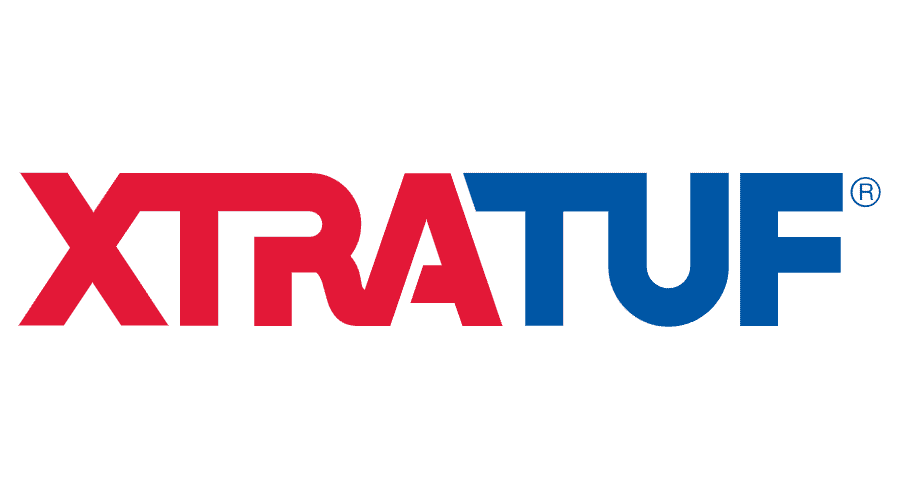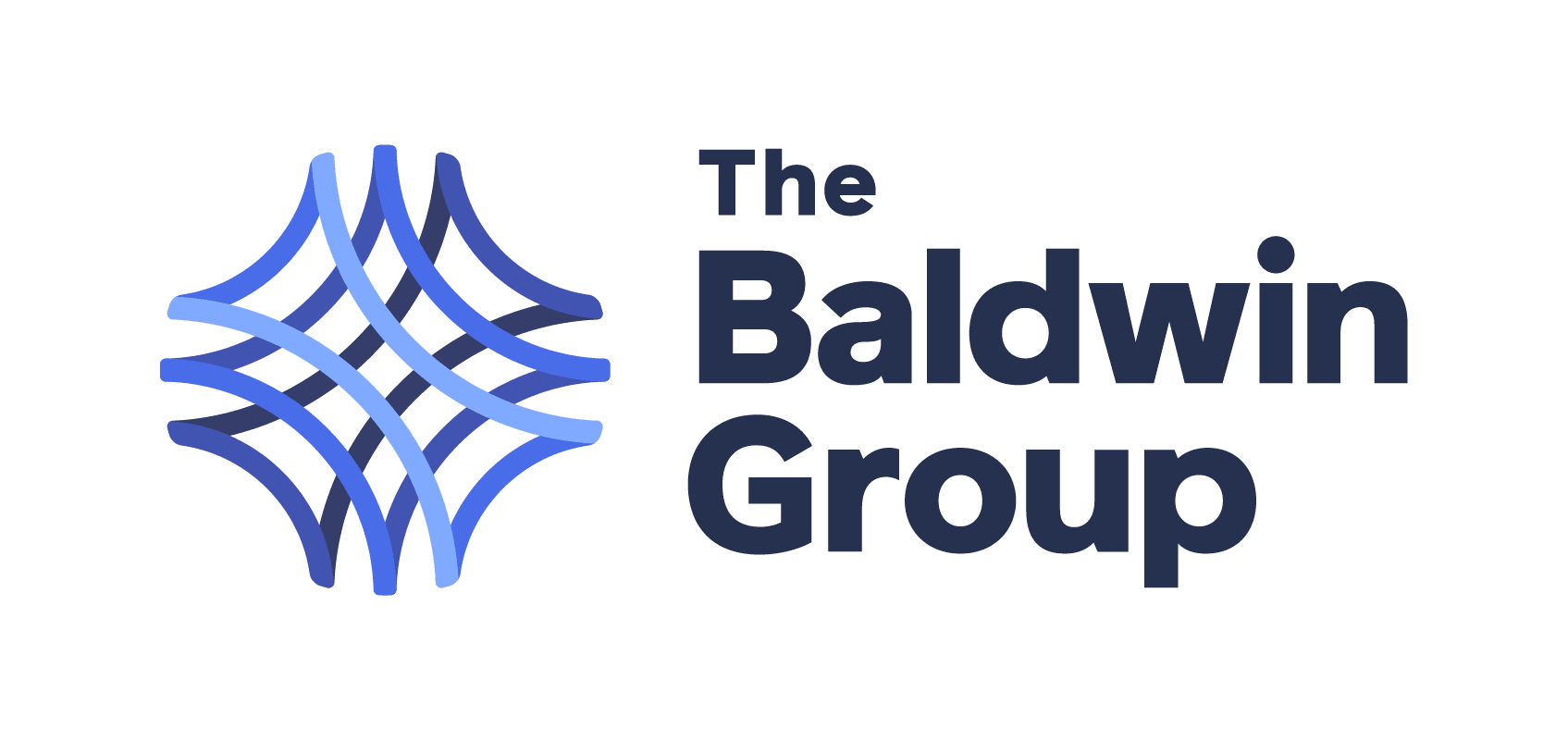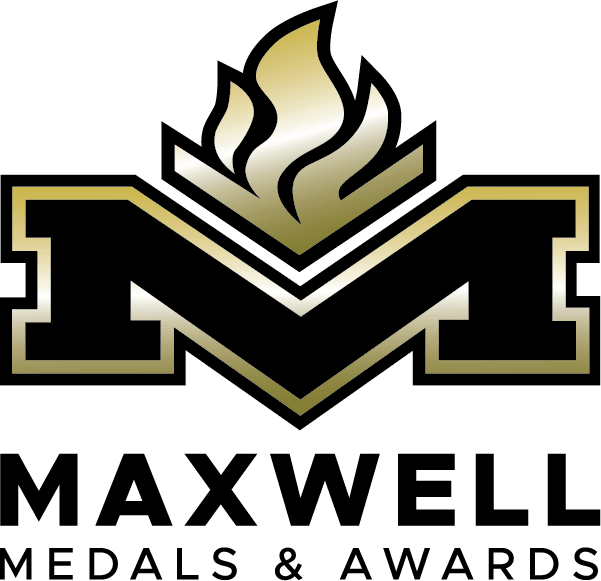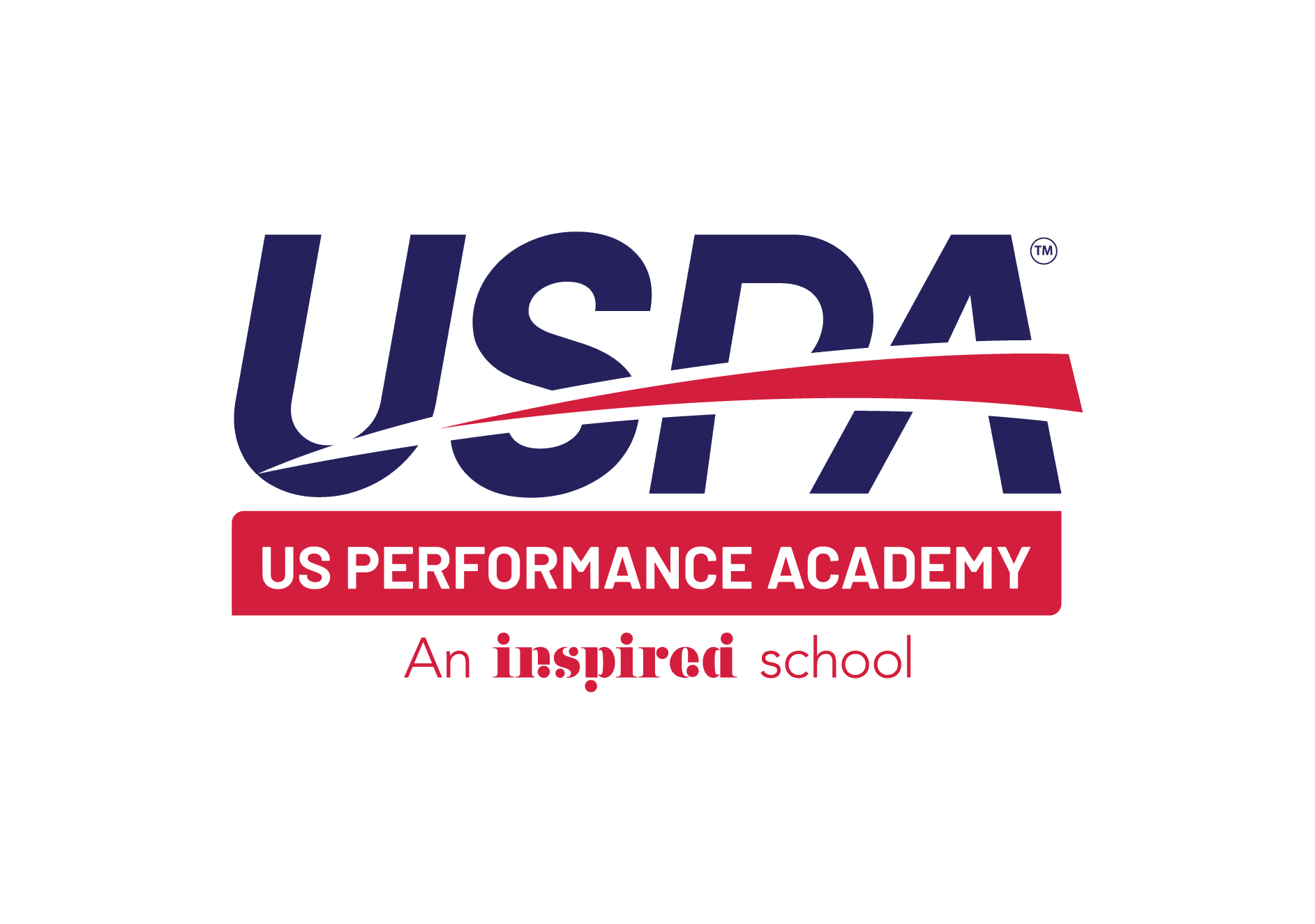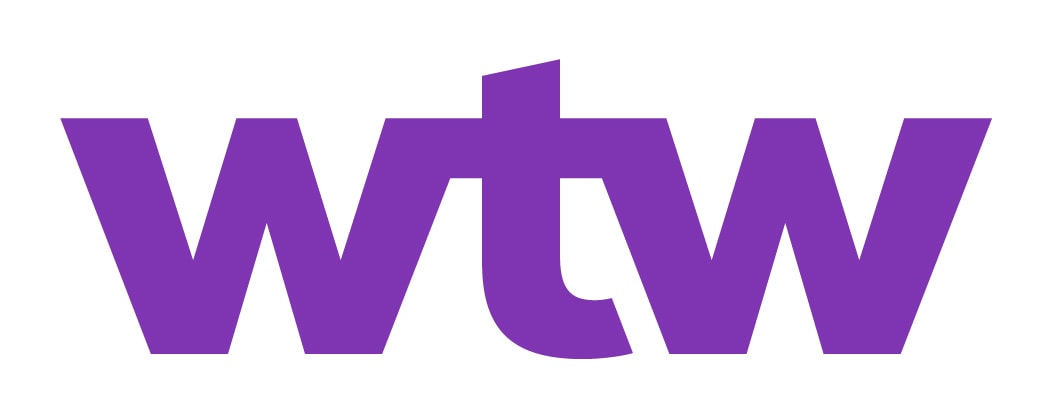
Mar 29, 2024
Celebrating Women's History Month: Meet Yasmin Farooq
Yasmin Farooq is the head coach at the University of Washington. She coached the Huskies to two NCAA Championships in 2017 and in 2019, sweeping all three events both years. Farooq is the first coach to have won national championships at two different schools, winning her first with Stanford in 2009. She is a two-time Olympian and coxed the U.S. women's eight to their first ever world championship win in 1995.
What was your national team journey like as a coxswain?
I got pulled into the camps at age 20, as a young kid who dropped a lot of F-bombs and thought that my motivational skills would take me to the top. I was cut three years in a row, but I stuck with it. Fortunately, I was eager to learn and had a lot of great coaches and teammates who saw something in me and helped me develop.
What was your favorite racing moment?
Winning the 1995 World Rowing Championships. It was the first one for the U.S. in the women's eight; we had finished second the two previous years. I remember the conditions being great for the heats, but bad weather was coming in as we backed into the stake boats. Someone in the boat yelled, "It's rollin' in!" and then everyone just started smiling and yelling, "It's rolling in!" and you could tell we were truly loose and ready to go. It was a crazy cross wind and a bouncy ride, but we got our bow ball ahead early and kept it there. We had been through a lot together that quadrennial, so winning with those eight women was truly special.
Amy Fuller Kearney was a teammate of yours and a coaching peer. Can you speak to who she was and the impact she had on you and the rowing community?
Fuller truly was a force of nature. She radiated belief, desire, and pure energy. In our first Olympics together, she was in the straight four, and they literally had to tell her to not pull the boat around – because she could – from three seat, nonetheless. When I was asked to interview for the Stanford job, I called her for advice. She supported me, and that led to the second chapter of our careers together. I truly loved seeing her at races, sharing philosophies and strategies, and watching her daughter, Shannon, grow up.
What advice do you have for coxswains who want to cox at an elite level? What characteristics separate a good coxswain from a great one?
Recognize that understanding how the rowers are moving the boat and conveying that information is more important than trying to come up with random "fire up calls." I like Mary Whipple Murray's view: "Information is Motivation." Work with your coaches to make sure your calls are supporting the coach's technical direction, and watch video from outside the boat to make sure it aligns with what you're seeing and feeling from the coxswain seat. The best coxswains understand how to be supportive teammates and how to support the coach, without interfering with the process. That part of the relationship requires a truly mature person who genuinely has the team's best interest at heart.
What or who inspired you to become a coach?
I became a coach by accident. I was working in the private sector when I got the call from Stanford. I was still involved with the sport because I was calling the Olympics for NBC and traveling to World Cups and the World Championships, but college coaching was a pretty nebulous area for me. My husband, Rog, was very encouraging. So, I reached out to Amy Fuller Kearney and Tom Terhaar, who was the U.S. women's team coach at the time. Tom was also an assistant for us when I was on the U.S. team. Fuller bolstered my confidence and prepared me for what Stanford would be like since she had worked there. Tom has been a mentor to me since my coxing days and was very supportive and gave me great advice.
Funny story, in my first year at Stanford, I had a really promising young freshman named Elle Logan. She went off to U23 Camp that summer and at the end of it, Tom called me and said, "I think I'm going to need to keep her for another year." That was 2008, and the first of Elle's three Olympic gold medals.
You won National Championships at Stanford University and swept all three categories in 2017 and 2019 at the University of Washington. What made those teams great?
They were selfless women who were focused on elevating one another in the quest of creating extraordinary moments together, within each boat and across all of the boats on the team. All of those women, on both teams, were focused more on the team than on their individual performances. The common denominator among them was extraordinary focus when it mattered most and a commitment to improvement and process over results.
What advice would you give to anyone considering becoming a coach?
If you're doing it right, you are spending the majority of your time focused on the environment and the people within it, as well as making sure you are recruiting coaches, rowers, and coxswains who will support the culture and help you continue to build and grow it.
Forget about pitting people against one another to fight for seats. Those days are over, especially if you are coaching women. You can create healthy competition that prepares people to perform in a supportive and uplifting environment. The true measuring stick is how you are teaching them to interact and support one another. Maya Angelou said it best, "People remember how you made them feel." I remind myself of that regularly. Young people are impressionable, and the lessons they learn from you are the ones they will take with them into the rest of their lives. I take that responsibility to heart.
You have watched the effect of Title IX and been a major part of the growth and success of rowing. How has it changed over your tenure?
Women's rowing has directly benefited from Title IX, particularly when it became an NCAA sport in 1997. I was at Wisconsin in the 80s. The women of the 70's fought for the right for women to row, and you can see it firsthand in Mary Mazzio's film, "A Hero For Daisy." In the 80s, we did not have the equipment and facilities that the men had, and there were only around 30 women's teams in the country.
When Title IX was reinforced in the 90s, everything changed. Now, there are 90 college programs in Division I alone and over 150 across all three NCAA divisions. Junior girls programs are growing, too. It just keeps getting more competitive, which is fantastic for the sport. Thanks to scholarships, it's arguable that the DI eights final is more competitive than the U23 World Championships, which shouldn't be a surprise, considering many NCAA athletes actually compete for senior national and Olympic teams during the summer.
On that note, in my first Olympics in 1992, women's rowing events were relegated to the earlier rounds with the men's events served up as the "premiere events." It took over 20 years for there to be an equal number of men and women at the Olympics and for the men's and women's finals to be given treatment. I believe Title IX and NCAA women's rowing played an important role in that coming to fruition.
You have coached the U23 team and Olympic boats. What characteristics make a great athlete?
I've rowed with and coached some pretty incredible women. In our sport, being able to connect with your teammates in a way that you enable one another is how true potential is discovered and developed. All of the great ones I have known nurtured and empowered their teammates. Some were gifted with aerobic ability, some with power, and others were the technical glue that linked everyone together. All learned how to persevere through adversity and understood sustained success means doing the little things right every day that support your body, mind, and spirit.
You have been a part of a community of incredibly strong women as an athlete and as a coach. How has that impacted you?
Immensely. My first coaches at Wisconsin were women who had fought for the right to row in the 70s, and they instilled in us the inspiration to carry the torch forward. My formative years there amazingly included a group of Olympic hopefuls who inspired me to try for the national team, where I was introduced to another group of forward thinking women, including Chris Ernst, the protagonist in "A Hero For Daisy."
When I got to Washington, I was reunited with a whole bunch of Washington alums that I had rowed with in the national team camps, and now I see them at least once a year at our annual Alumnae Brunch. It's a reunion of five decades of women rowers, so you can imagine the powerful stories that are shared in the span of three hours. Lately, a lot of the conversation is about current events, including the overturning of Roe v. Wade, and how we can't take these right for granted. We need to continue to fight for them.
How can institutions support the development of women as coaches?
The NCAA rule change requiring volunteers to now be paid coaches is a huge opportunity to bring recent graduates into coaching careers much sooner. Financial incentive at that stage of development is imperative to increasing the number of women in the field. Supporting women's coaching conferences and professional development is also key.




